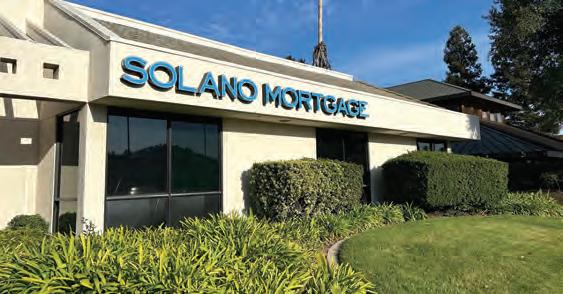
1 minute read
Jones
From Page 2 by-address scoring system so consumers can compare whether a house is on a noisy street, for example,” says Vincent-Charles Hodder, Montreal-based CEO of Local Logic. The company’s scoring system can give people a sense of how many stores or restaurants are in a neighborhood, how green a community is based on the size of its parks, and even whether the streets have tree canopies, he says.
Frankly, I’m shocked the lender hadn’t contacted you much earlier. This would certainly indicate that something in their bookkeeping system is messed up.
Regardless of the lender’s mistake, though, you signed the loan documents in escrow. Those documents dictated when you were to start making your payments and how much those payments were to be.
The good news is that all you got was a letter. A letter isn’t the start of a foreclosure. It’s just a letter.
Bring the payments current and the problem is solved.
Tim Jones is a real estate attorney in Fairfield. If you have any real estate questions you would like to have answered in this column, you can send an email to AllThingsRealEstate@ TJones-Law.com.



Attom Data Solutions’ home disclosure reports and Kukun’s property reports also provide detailed information about a house and neighborhood if you have a specific address to check. Both companies have access to proprietary data that they study to provide both historical information and predictive analytics.
6. Researching a neighborhood’s future
While you’ll likely be able to find information about major transit projects and development plans in the local media, there may be other, under-the-radar changes (or potential changes) that require extra digging to uncover.
“If you’re looking at a neighborhood with empty land nearby, you definitely want to ask about who owns it and whether it is set aside as conservation land or can be built on,” says Bull.
Building permits are generally public information; it’s just a matter of figuring out which local agency houses them. They are often searchable by address on the websites of city or county planning and zoning agencies, and will tell you what type of work is planned for a particular lot. You can also pull property records, typically through those same types of agencies, to determine who owns a given parcel (though sometimes, an owner’s identity is concealed behind a trust or LLC).






